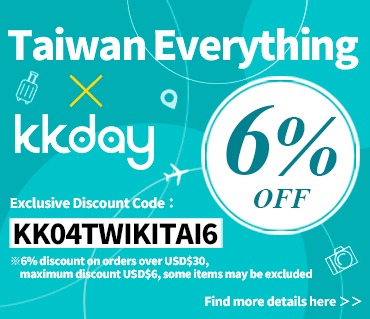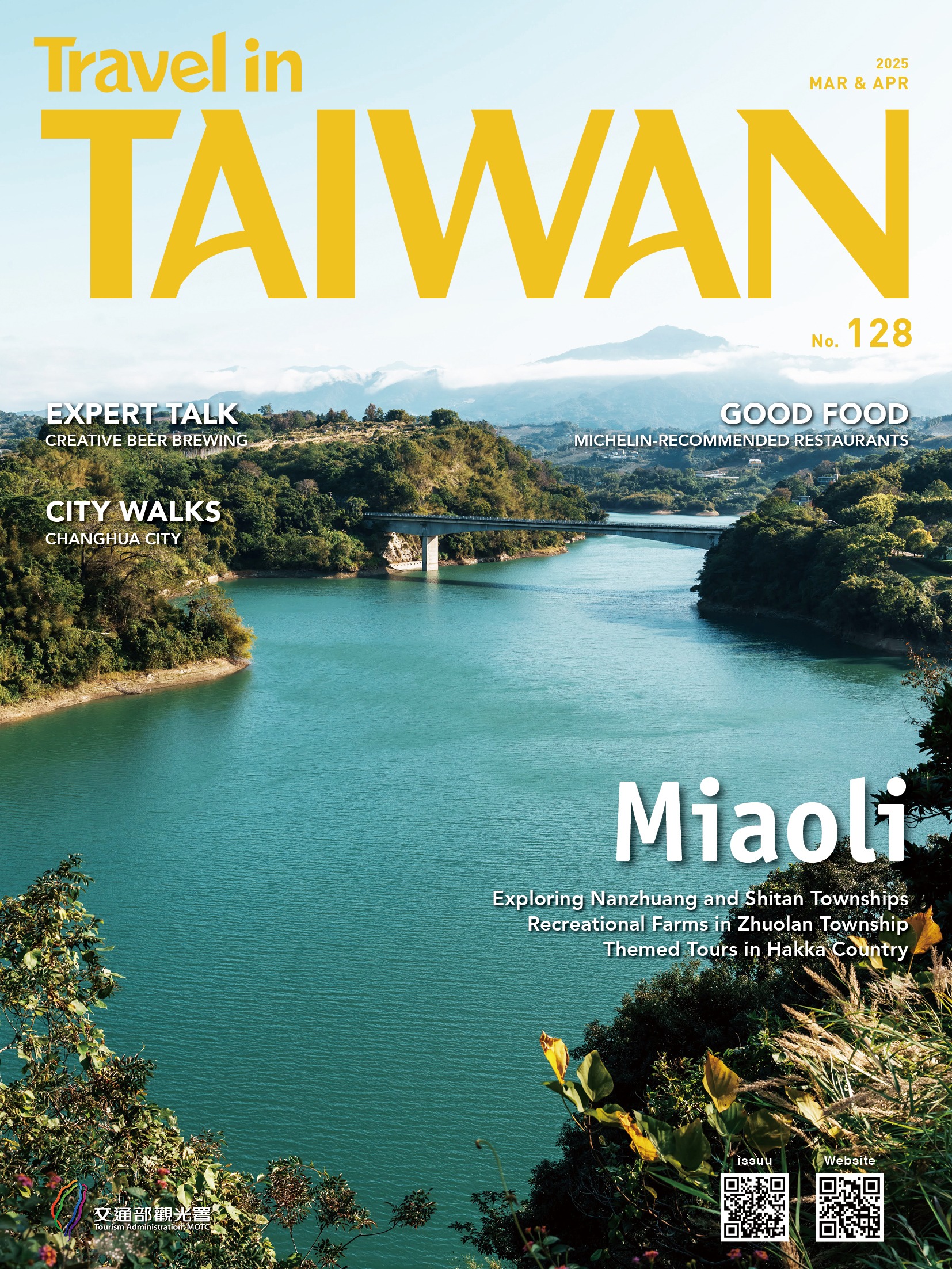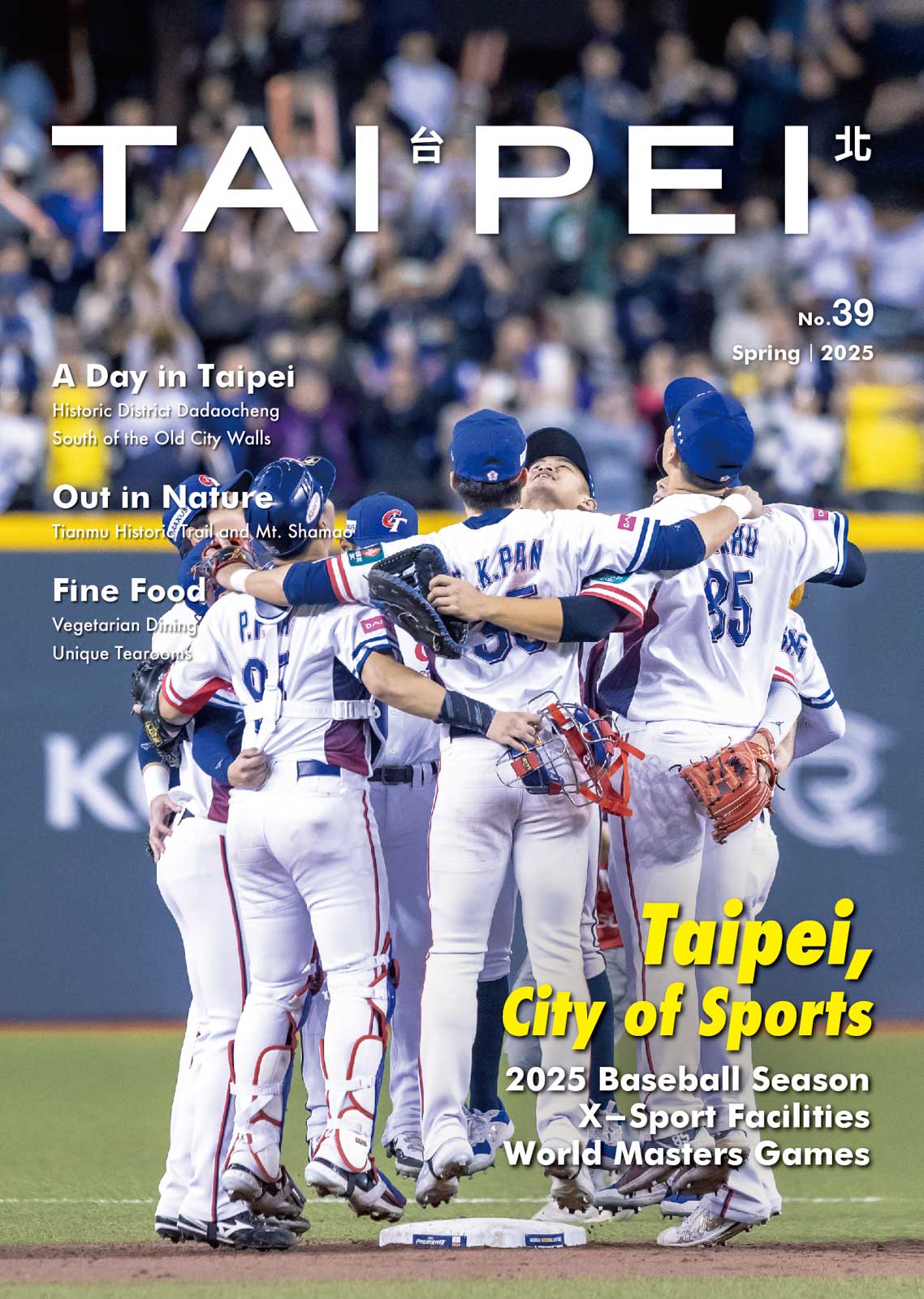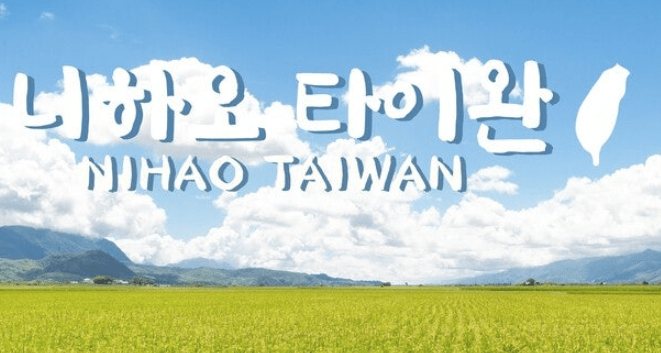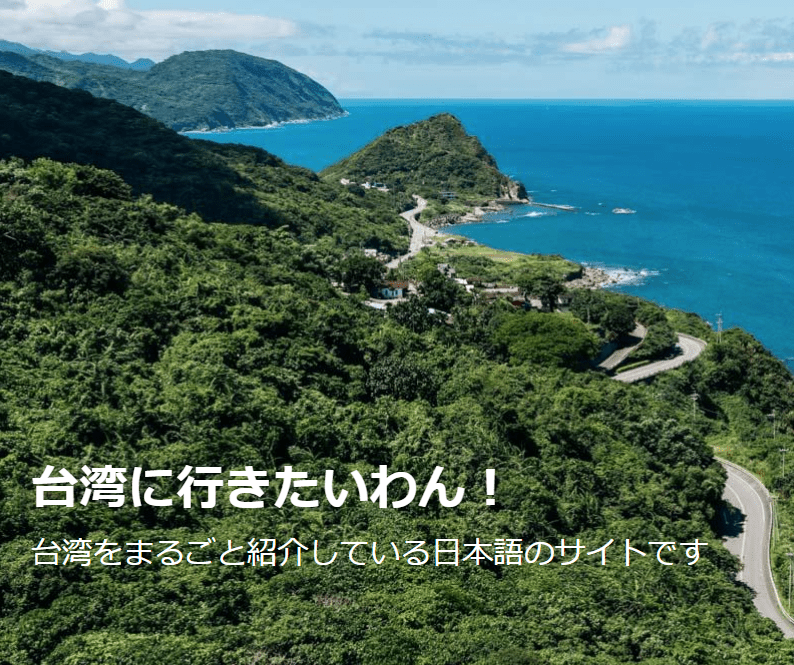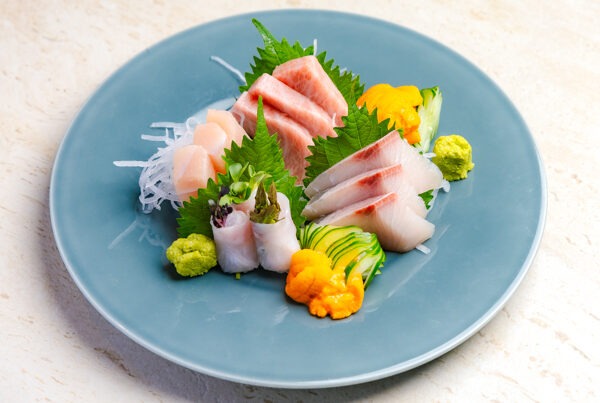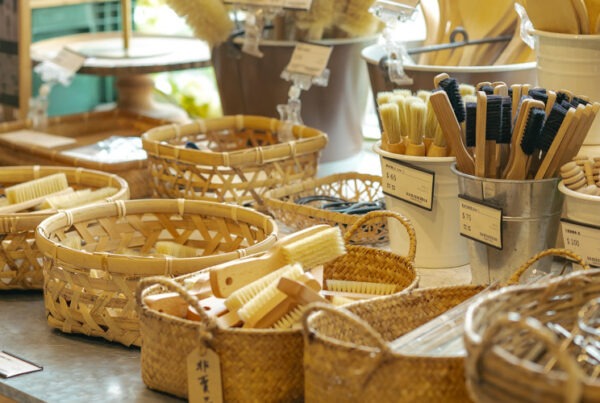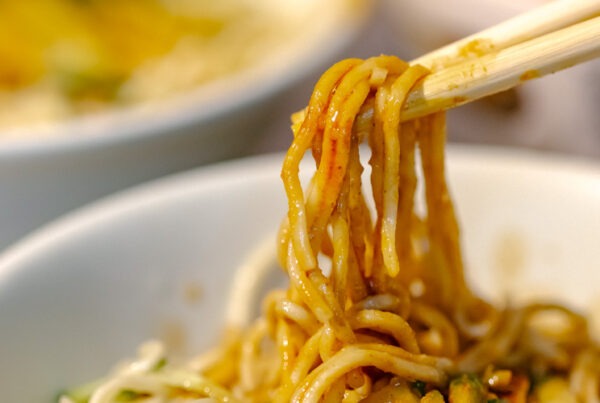Taiwan’s Coffee Culture at Its Finest
TEXT / JENNA LYNN CODY
PHOTOS / RAY CHANG, VISION
There is no better way to understand Taiwan’s coffee culture than to explore some of its most renowned cafés, from world-champion brewers and baristas to purveyors of Taiwan-origin beans.
Old guidebooks used to call Taiwan a land of tea drinkers, introducing upmarket teahouses, to-go tea shops, and the world’s finest oolong teas. If you preferred coffee, well, good luck. In the past twenty years, though, the popularity of coffee has exploded, completely transforming the way Taiwanese caffeinate themselves. From inexpensive coffee at convenience stores to some of the foremost baristas in the world, student cafés that open at 1pm and close after midnight, and affordable chain operations in every town, Taiwan’s coffee culture has grown to rival the best the world has to offer, and is now an integral part of local life.
In fact, coffee has become so ingrained in Taiwanese culture that affordable drinks are available at over 12,000 convenience store locations. At the higher end, Taiwan has the highest density of licensed coffee cuppers in the world – that is, professionals who observe the taste and aromas of brewed coffee – at around 700 in a population of 23.4 million.
SanFormosan Café
This operation is unique in that it roasts and serves exclusively Taiwanese coffee, focusing on both localism and environmental preservation. Founded in 2011, SanFormosan opened its first café in 2016 and has expanded to several locations since.
The flagship outlet is both bustling and airy, with light pouring in through large windows overlooking Taipei’s leafy Zhongshan North Road. Their commitment to Taiwanese-origin coffee shows in the décor, including a wall of Chinese ideographs, each denoting a different place in Taiwan. The island’s topography and climate are well-suited to growing coffee beans, and coffee farms have proliferated in recent decades.

“There are many places where coffee grows well in Taiwan,” notes Krude Lin of the Coffee Industrial Alliance of Taiwan, which aims to promote Taiwanese coffee both within Taiwan and globally through involvement in the entire coffee-growing supply chain. “The Alishan area produces some of the best coffee because of the climate. They have the tea industry (experience), so there’s a density there (of people who can be trained). Namaxia District (in Kaohsiung City) and Nantou County also have some great coffees, and Hualien County is big on organic coffee.”
Beans from these areas and more can be found on SanFormosan’s menu, which is just as much a lesson on Taiwan’s geography as a list of products for sale. Their hot single-origin coffees are served in glass carafes, along with a small beaker bathed in ice water, enabling one to marvel at the subtle differences in flavor between a hot and cold brew of the same bean.

“We wanted to introduce the best and freshest products from local farms,” says SanFormosan’s Sylvia Lin. “Most Taiwanese are aware of coffee beans from other countries, but relatively few know that Taiwan also grows coffee.” Each region and farm produces coffee with a distinctive flavor profile, Lin explains. “In fact, coffee cherries are a kind of fruit. Imported fruit is fine, but it’s more delicious and fragrant when it’s fresh. And different areas and farms will produce fruit with different tastes.”
This uniqueness is further enhanced by the use of different processing methods. How the coffee cherries are cleaned and fermented has a deep, but often underappreciated, impact. Most of SanFormosan’s single-origin coffees, including their Kaohsiung Namaxia and Taitung Taimali, are washed, meaning the flesh of the coffee cherry is stripped away before the mucilage and seed are fermented in water, resulting in a lighter, cleaner flavor. Their Nantou Mt. Chiu-fen-erh is pulped – the pulp removed, but the cherries not fermented in water – and still others are “natural,” that is, dried whole in the sun. Coffees prepared this way tend to have stronger, more fruit-forward notes.

“Each brew is distinct, and clients all have their favorites,” Lin remarks. “It’s hard to say one or the other is ‘the best’.”
Their natural Tainan Dongshan bean might appeal to fans of sour, lighter roasts. Enjoyed hot, it has a bright acidity balanced with notes of honey, with a tea-like flavor coming out when iced. Their SanFormosan Signature coffee is darker and nuttier, with cocoa undertones while hot. Served iced, chestnut and brown sugar flavors emerge.
In addition to Taiwanese coffees, SanFormosan offers full meals, desserts, and beans for home brewing. For the desserts, traditional Taiwanese flavors are used in creative ways, including an unexpectedly scrumptious salted egg ice cream, and French toast with bubble tea-style tapioca balls and Tieguanyin tea milk syrup. Unique coffee drinks include beans steamed in Kaoliang liquor from the Matsu Islands and infused with rose or osmanthus florals.


SanFormosan Café Zhongshan Flagship Store
(森高砂咖啡館/中山旗艦店)
Tel: (02) 2568-1517
Add: No. 133, Sec. 1, Zhongshan N. Rd., Zhongshan District, Taipei City
(台北市中山區中山北路1段133號)
Hours: 11am~8pm (until 9pm on Fri. and Sat.)
Website: sancoffee.shop (Chinese)
Facebook: www.facebook.com/SanCoffeeShop
Simple Kaffa
Walking into the Simple Kaffa Sola outlet is a little like flying. Located on the 88th floor of the Taipei 101 skyscraper, visitors are greeted with a panorama of mountains and sky, and the view only gets better. Green-marble tables with accents of velvet, wood, and brass create an Art Deco vibe, a striking contrast to the modernist walls of windows that the iconic tower is known for. A standing-only area accommodates visitors without reservations during busier periods.


“We chose Taipei 101 for many reasons,” said the Simple Kaffa group’s general manager, Xavier Liu. “It gives us global visibility, it’s convenient, and it’s a big and comfortable space. Taipei 101 represents Taiwan…and the name ‘Sola’ represents the sun and sky seen from the 88th floor.”

Contrast is the heart of good design, and Simple Kaffa’s coffees are a testament to this. Most people associate espresso with something dark and bitter. Simple Kaffa’s espresso, however, is both strong and bright, without the bitterness of dark roast or the sourness of light. Lattes are rich and deep at Simple Kaffa, hinting at the darkest chocolate.
They also serve a variety of single-origin brews, including a washed light roast from Alishan, which starts with a bright lemony-pear nose, followed by oolong tea and longan. This might just be the best Taiwanese coffee bean in existence, brewed to exacting standards, and served with the most spectacular view in Taipei, if not the entire country.

“We never serve a bean until we’ve tried it thoroughly, so we chose that one specifically,” explains Liu. “For the Alishan, you want to fill the cup about one-third of the way and then take in all of the scents. The Alishan coffees all have oolong tea notes, and it’s very obvious here.”
“People are willing to spend a hundred US dollars on fine wine or Michelin-star meals, but they don’t want to spend a lot on gourmet coffee,” notes Krude Lin. “But why not, if it’s a premium product? (In fact), where else can you get the same view as the Taipei 101 observation deck, for the price of a cup of good coffee?”
Coffee is serious business at Simple Kaffa. Founder Berg Wu is a regular on the international competitive circuit, and won the World Barista Championship in 2016 after years of perfecting his brewing techniques, first in Taiwan-based competitions and then abroad. Wu worked as an engineer before entering the coffee world, starting with a bicycle-mounted coffee stand from which he would sell coffee around National Taiwan University. He brings that fusion of engineering innovation and entrepreneurial spirit to every Simple Kaffa location.

“Many professional baristas want to focus on coffee techniques, not running a business,” notes Liu. “But to really succeed, a great café needs not only an excellent product but also a focus on service.”
Simple Kaffa locations now include the Huashan 1914 Creative Park flagship store, which melds the aesthetic of Huashan’s industrial origins with dark wood paneling and funky mismatched chairs. Light pours in from the original factory windows, grounding the luxury of the coffee with a sense of history and place. Other Taipei branches are in Rongjin Gorgeous Time on Jinhua Street and Shinkong Mitsukoshi Diamond Towers, and in the city of Taoyuan there are branches at the Taiwan High Speed Rail Taoyuan Station and Taoyuan International Airport.

In addition to coffee, Simple Kaffa Sola offers light food and a selection of desserts developed by Berg Wu himself. The most famous of these is the “wrinkle wrinkle,” a mouthwatering honey cake with a wrinkled top and moist crumb. It’s so popular that other cafés have begun imitating it, but only Simple Kaffa offers the original.

Simple Kaffa Flagship
(興波咖啡旗艦店)
Tel: (02) 3322-1888
Add: No. 27, Sec. 2, Zhongxiao E. Rd., Zhongzheng District, Taipei City
(台北市中正區忠孝東路二段27號)
Hours: 10am~7pm
Website: simplekaffa.com (Chinese)
FB: www.facebook.com/simplekaffaflagship
Simple Kaffa Sola
(天空興波)
Tel: (02) 2367-1587
Add: 88F, No. 7, Sec. 5, Xinyi Rd., Xinyi District, Taipei City
(台北市信義區信義路五段7號88樓)
Hours: 10am~8pm
Website: simplekaffa.com (Chinese)
FB: www.facebook.com/opium156
VWI by CHADWANG
More than one Taiwanese coffee titan has taken the world by storm. While Simple Kaffa’s Berg Wu is a veteran of the World Barista championships, VWI founder Chad Wang reached international coffee fame when he won the World Brewing Competition in 2017. Wang then chose to share his talents with local coffee aficionados by opening a café near Taipei Metro’s Zhongxiao Fuxing Station. Wang believes that water is the most crucial element in determining the quality of a cup of coffee. As such, VWI stands for the three stages of water: Vapor, Water, and Ice.

Located in one of the most upscale neighborhoods in Taipei, VWI blends timeless aesthetics with some of the best coffee in the city. Floor-to-ceiling windows lined with low chairs and tables overlook the profusion of trees and plants in a local park. The quiet lane it sits on offers an escape from main-road traffic. Cool white walls are juxtaposed with cane-backed chairs, steel counters, and wood tables.

VWI’s offerings change seasonally, but each single-origin bean is offered under four tiers: Basic, Select, Limited, and Unique. Signature VWI blends fall under one of these categories, as do any Taiwanese beans. Their signature blend has a nutty flavor with a touch of stone fruit emerging as it cools in the textured glass cup. Their current Limited selection has a brighter flavor, with hand-harvested and carefully selected beans. As with Simple Kaffa, tasting notes are provided with your drink.

Desserts such as tiramisu made with VWI-blend coffee and liqueur-soaked ladyfingers are prepared to as high a standard as the coffee.

VWI by CHADWANG
Tel: (02) 8772-8191
Add: No. 16, Alley 4, Lane 251, Sec. 3, Zhongxiao E. Rd., Da’an District, Taipei City
(台北市大安區忠孝東路三段251巷4弄16號)
Hours: 11am~7pm
Website: vwibychadwang.cyberbiz.co/en (Chinese)
FB: www.facebook.com/vwibychadwang
Bean Barn
Bean Barn founder Addie Chen entered the industry via a rather non-traditional path. She never drank coffee while young, until she was introduced to the concept of high-end coffee brewing while working as a barista during a working holiday in Australia. Upon returning to Taiwan, this experience helped Chen get a job at a roastery, where she learned to prepare the top-notch beans that make it possible for baristas to work their magic.

“I didn’t start caring about coffee until I found the coffee shop job in Australia,” Chen says. “Then I decided to learn about roasting. It was a bit of an unusual path. Most people just work as a barista for a while, but I decided to stay (in the industry).”
Her connections and expertise in the roasting business propelled Chen to found Bean Barn, a funky café tucked away in the lanes near Taipei Metro’s Shuanglian Station. The building it’s in was originally a warehouse for a trading firm, and Chen sought to maintain as much of the original interior as possible, including the original terrazzo tile floors and cement walls, complemented by plants, warm wood accents, and a picture window with an iconically Taiwanese view of iron window grilles and 1940s brickwork across the lane. While SanFormosan focuses on localism and Simple Kaffa and VWI aim for luxury, Bean Barn is a cozy nook where one can meet friends over some truly excellent coffee.


Chen’s roasting talents can be tasted in every cup, and tasting notes are provided to patrons on flip cards. For instance, Bean Barn’s limited Colombia light roast is a marvel. With some brews, detecting flavors described in the tasting notes requires stretching the imagination. Does your cup really taste exactly like “green papaya jelly,” or does it just have a more general fruity brightness? This bean, however, lives up to its description. The notes say “melon,” and it unabashedly gives melon. Their washed Ethiopian Leopard Yirga is more floral, with hints of grape and mango. Desserts such as coffee pudding and matcha cream rolls are flavorful but not overly sweet, matching well with the coffee itself.




Bean Barn is also well-known for their “coffee bentos” – aluminum boxes that contain 16-gram samples of different beans, enough for one cup each. Customers can choose which beans go into their bento boxes. Chen landed on the idea as a slow drinker who had trouble finishing larger bags of beans before they went stale. “It was hard for me to drink so much coffee quickly,” she said, “so I couldn’t figure out which beans I preferred.”

Bean Barn
(豆荒良倉)
Tel: (02) 2550-2857
Add: No. 49, Shuanglian St., Datong District, Taipei City
(台北市大同區雙連街49號)
Hours: 11am~7pm
FB: www.facebook.com/beanbarn2020
About the author
Jenna Lynn Cody
Jenna is an American woman living and working in Taipei, Taiwan.



